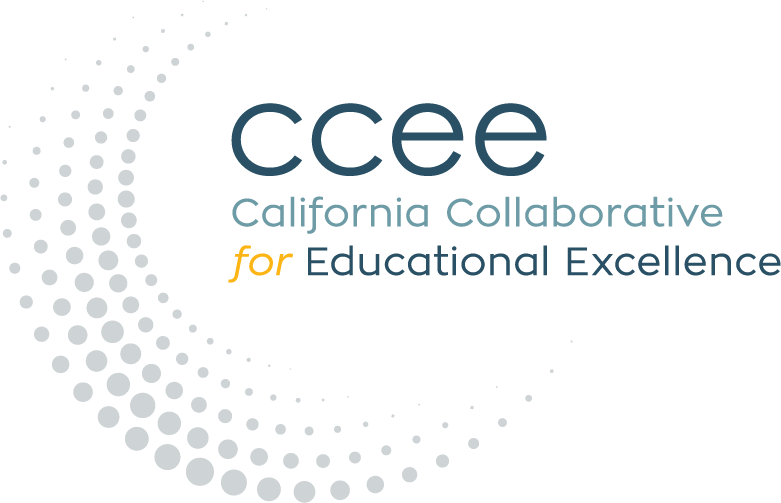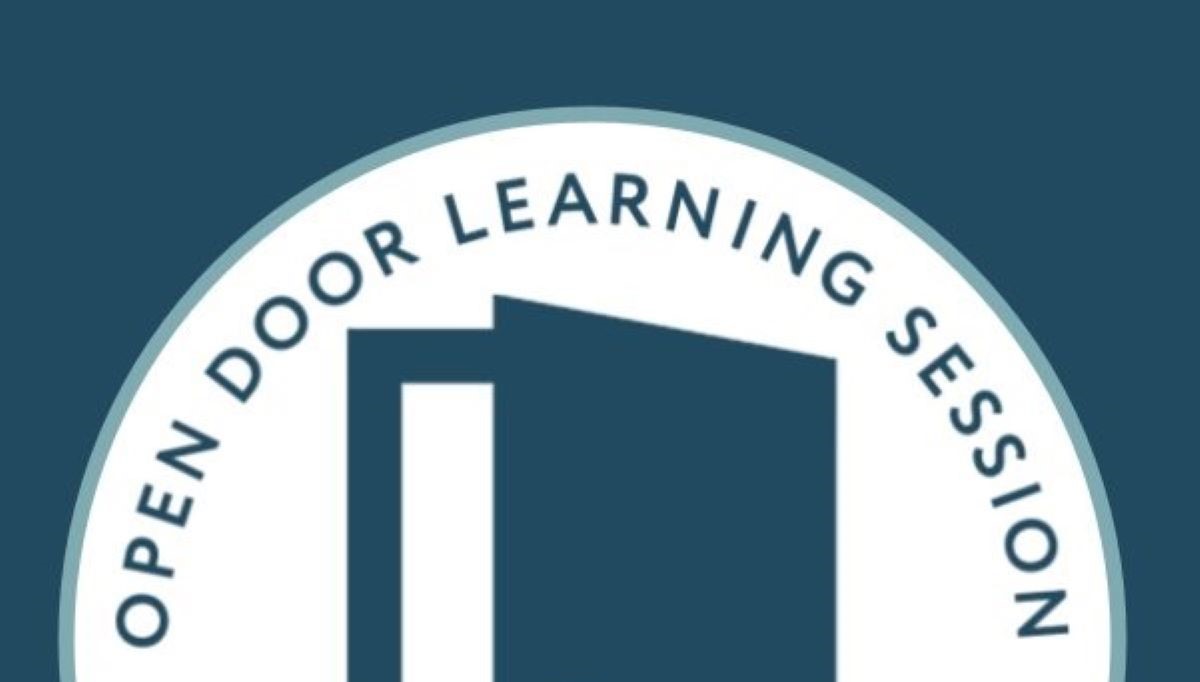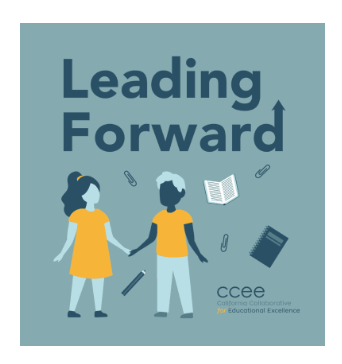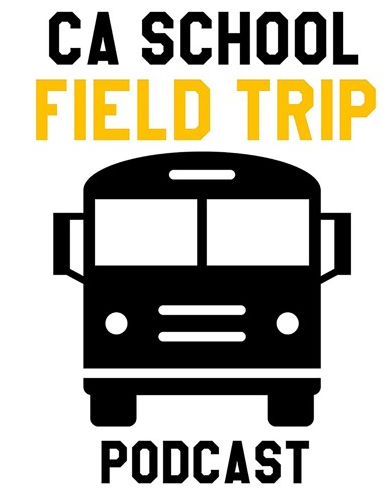Summary:
As an Expanded Learning Opportunities Program (ELO-P) provider serving Transitional Kindergarten and Kindergarten (TK/K) students in California, it is crucial to stay informed about the latest health, safety, and licensing requirements. We have created a suite of invaluable resources to help you navigate the updated Education Code and ensure compliance while delivering high-quality programming for early learners.
Key Resources:
- Comprehensive 4-Minute Video: Our in-depth video provides a clear overview of the essential health, safety, and licensing requirements for ELO-P TK/K programming. In just four minutes, you’ll gain a solid understanding of the updated Education Codes, empowering you to serve your young learners effectively and legally.
- Concise 2-Minute Follow-Up: To further clarify the critical regulatory changes, we’ve created a succinct 2-minute video that drills down on the must-know updates to California’s Education Code. This brief yet informative resource will help you stay fully compliant while focusing on delivering exceptional programming.
- Engaging Infographic: We understand that visual aids can be powerful tools for learning and retention. That’s why we’ve developed an eye-catching infographic that showcases the key health, safety, and licensing requirements in an easy-to-digest format. This informational poster is perfect for displaying in your facility, serving as a quick reference for staff and stakeholders.
Conclusion:
By leveraging these carefully crafted resources, ELO-P providers and partners across California can confidently serve TK/K students while adhering to the latest legal requirements. We encourage you to integrate these video explainers and visual aids into your staff training and program planning processes. Together, we can deliver visionary ELO-P that unlocks the potential of every young mind and sets the stage for a bright future.
Call to Action:
Take the first step in enhancing your ELO-P TK/K programming by accessing these invaluable resources today. Watch the videos, display the infographic, and empower your team to navigate California’s updated Education Code with confidence. Our littlest learners’ futures start here!
If you have any questions, please contact Dr. Chris Hartley at [email protected].







